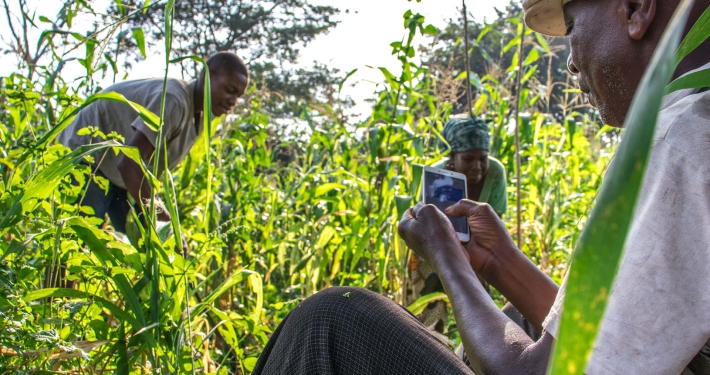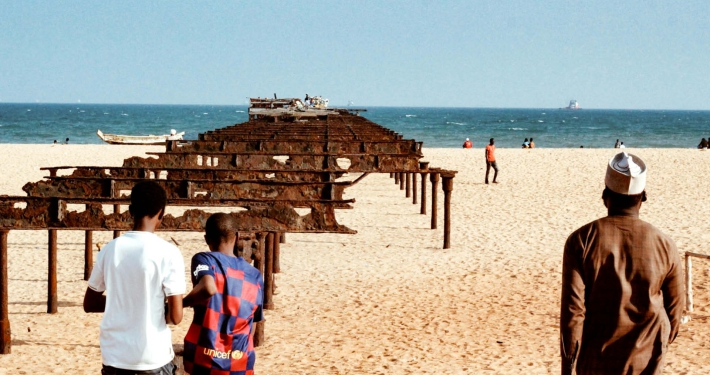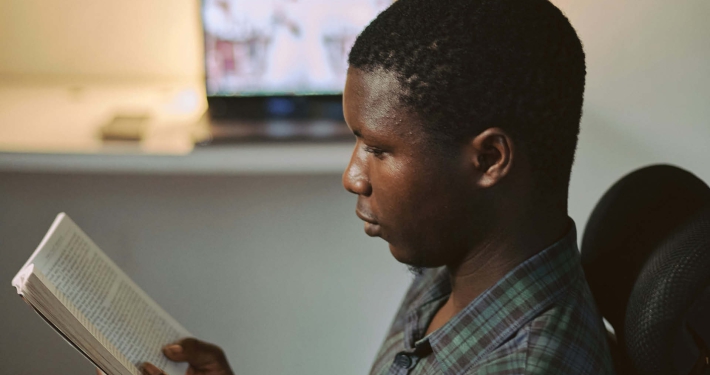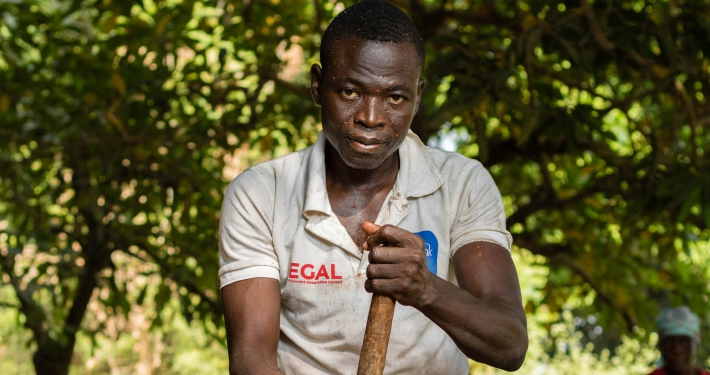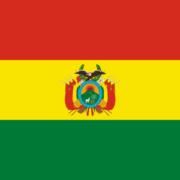Togo is one of the few African countries where traditional religious groups are still dominant in most parts of the country. However, the number of ethno-religionists has greatly decreased in the last years and many people combine traditional rites and customs with Christianity or Islam.
Christians live mainly in the south, while Muslims are predominately in the central and northern regions.
The law does not recognize specific religions, but the government in practice recognizes Catholicism, Protestantism and Islam with their religious holidays observed as national holidays and with religious leaders of these groups invited to government events. The law requires all other religious groups, including indigenous groups, to register as religious associations. Official recognition as a religious association provides these groups with the same rights as those afforded to the three recognized religions, including import duty exemptions for humanitarian and development projects. Registration is not obligatory, but unregistered groups do not receive import duty exemptions or additional government benefits such as government-provided teachers for private schools. In Togo, Christians face an intricate landscape of challenges that jeopardize their religious freedom:
Some government officials wield their power to hinder Christians, notably by making it difficult for them to obtain land or permits for churches.
Christians face Clan oppression stemming from traditional African belief systems like Voodoo. In certain regions, Christians, particularly young males, are forced to participate in Voodoo ceremonies that contradict their faith.
The precariousness escalates near the Burkina Faso border where jihadist incursions have generated fear and emboldened local Muslim youths to adopt more militant stances. Evangelicals find it especially challenging to spread their faith among Muslims, and those who convert from Islam face heightened risks.
In addition to the above, Organized corruption and crime adds another layer of difficulty. Various criminal networks, including those that have penetrated government structures, make it perilous for Christians who denounce illicit activities, further undermining the rule of law and Christian rights in the country.
Christians in Togo are pressured to conform to community-specific dress codes, especially in areas influenced by traditional or Islamic beliefs.
Converts to Christianity from a Voodoo background are compelled to participate in Voodoo ceremonies, a practice that contradicts their religious values.
Converts also risk being expelled from their homes, leading to social isolation and further hardships.

